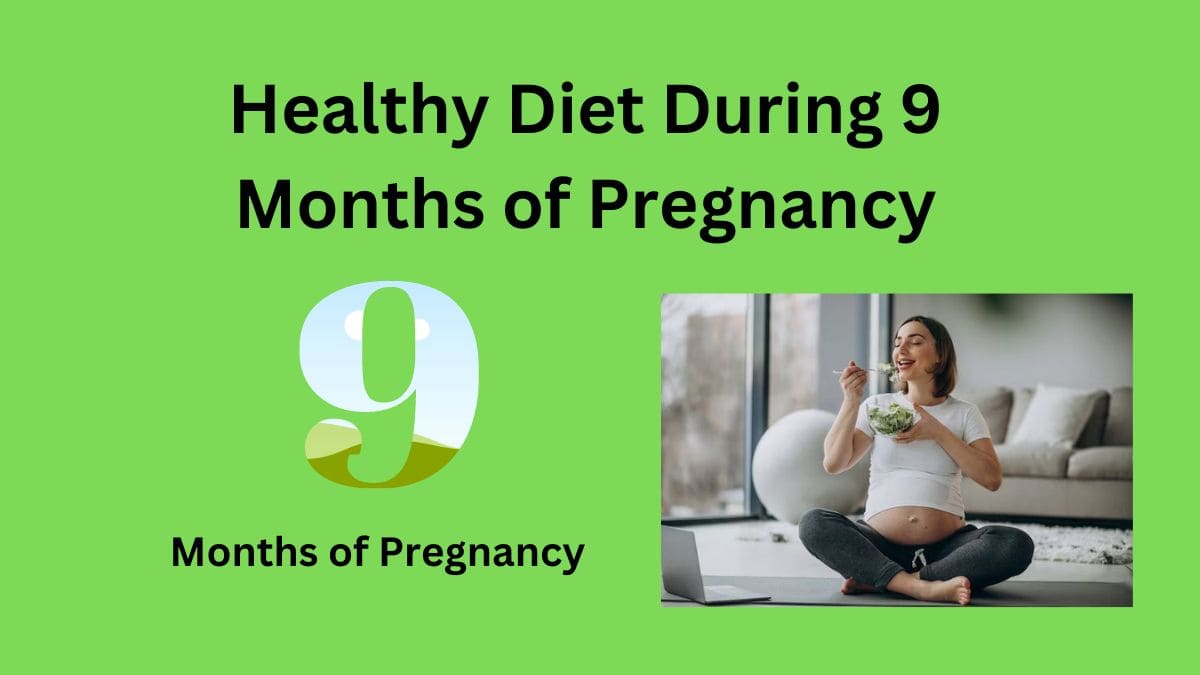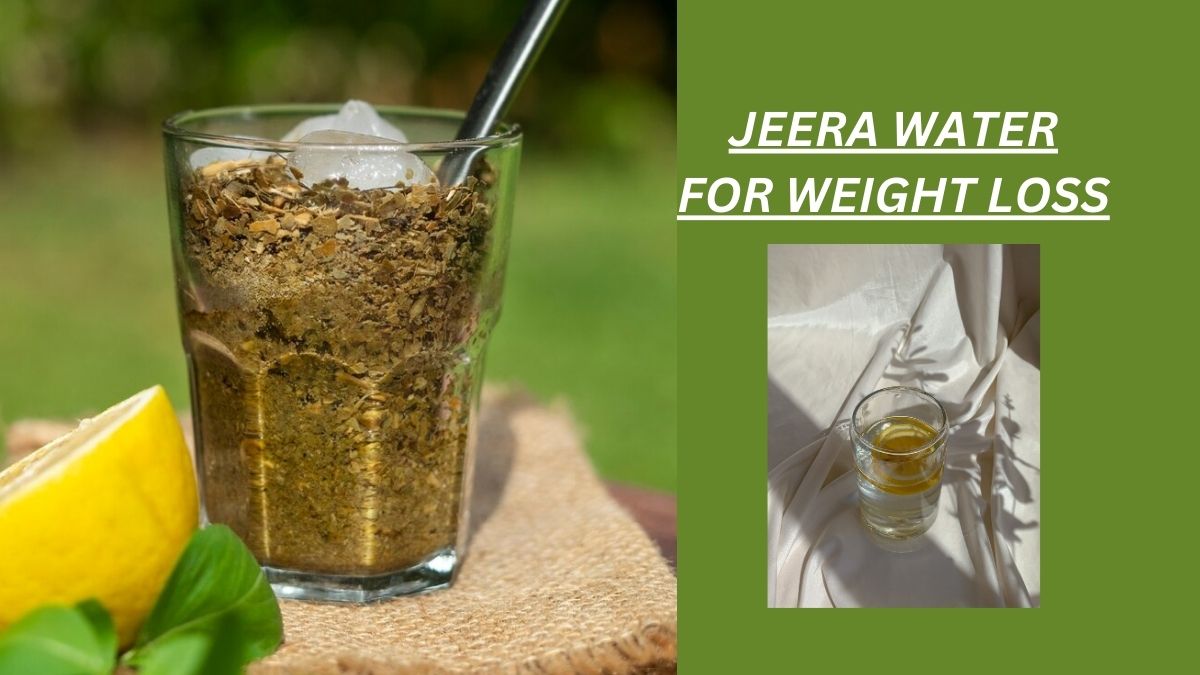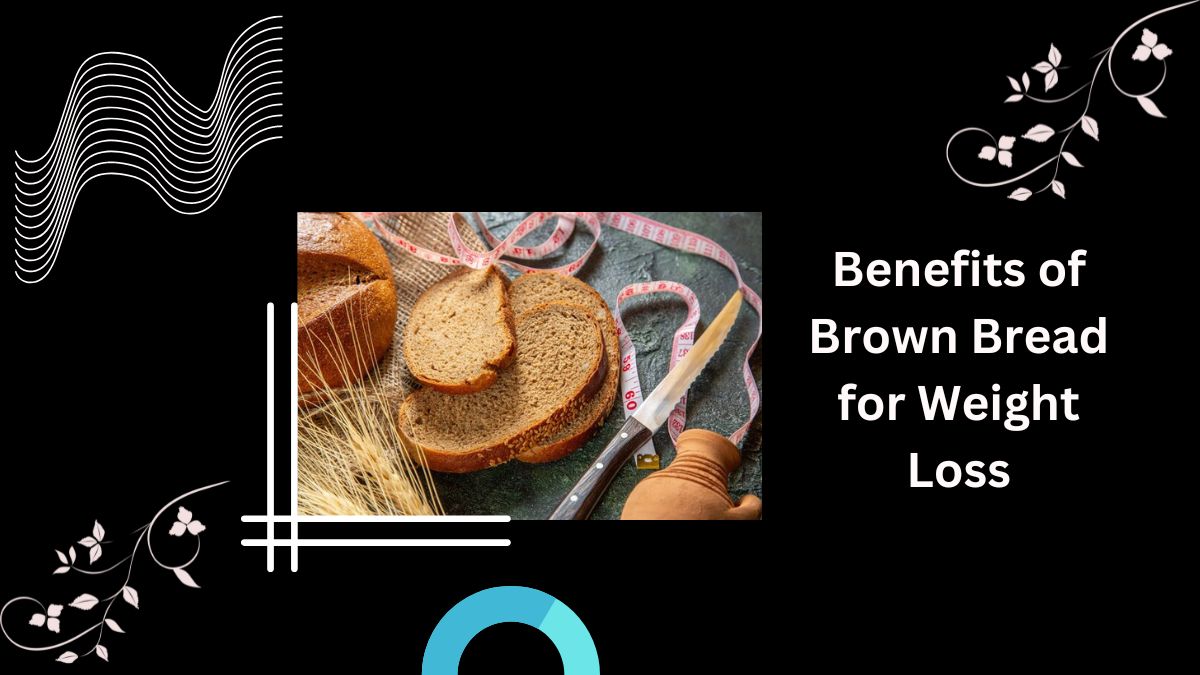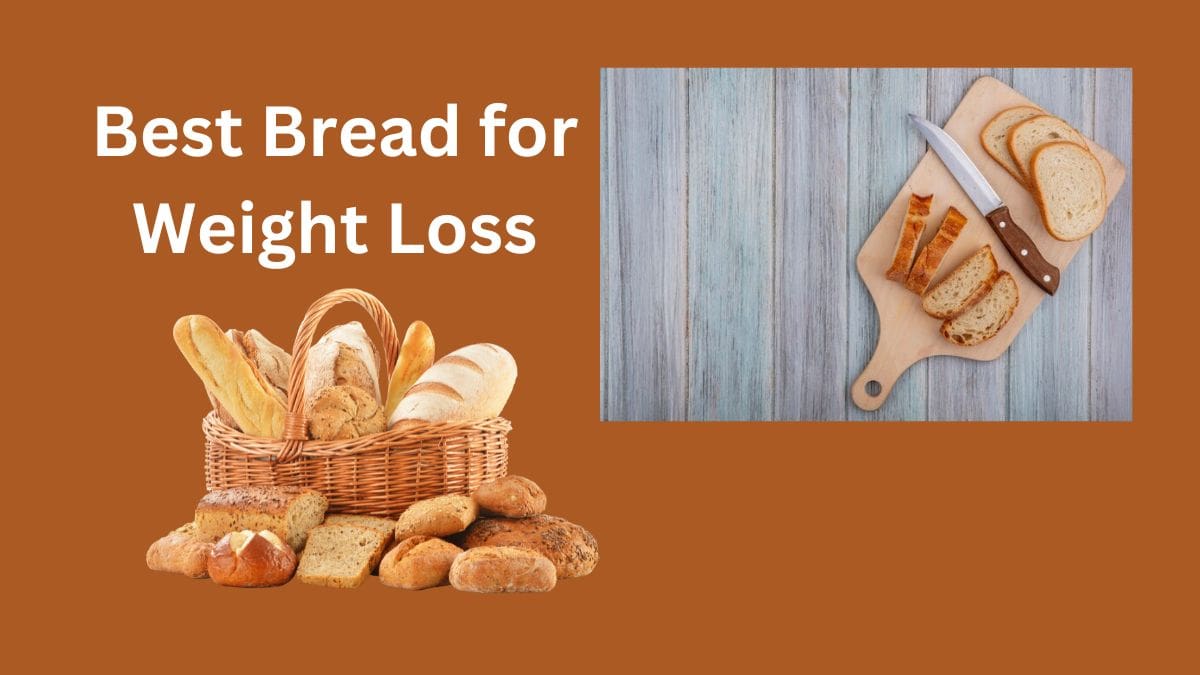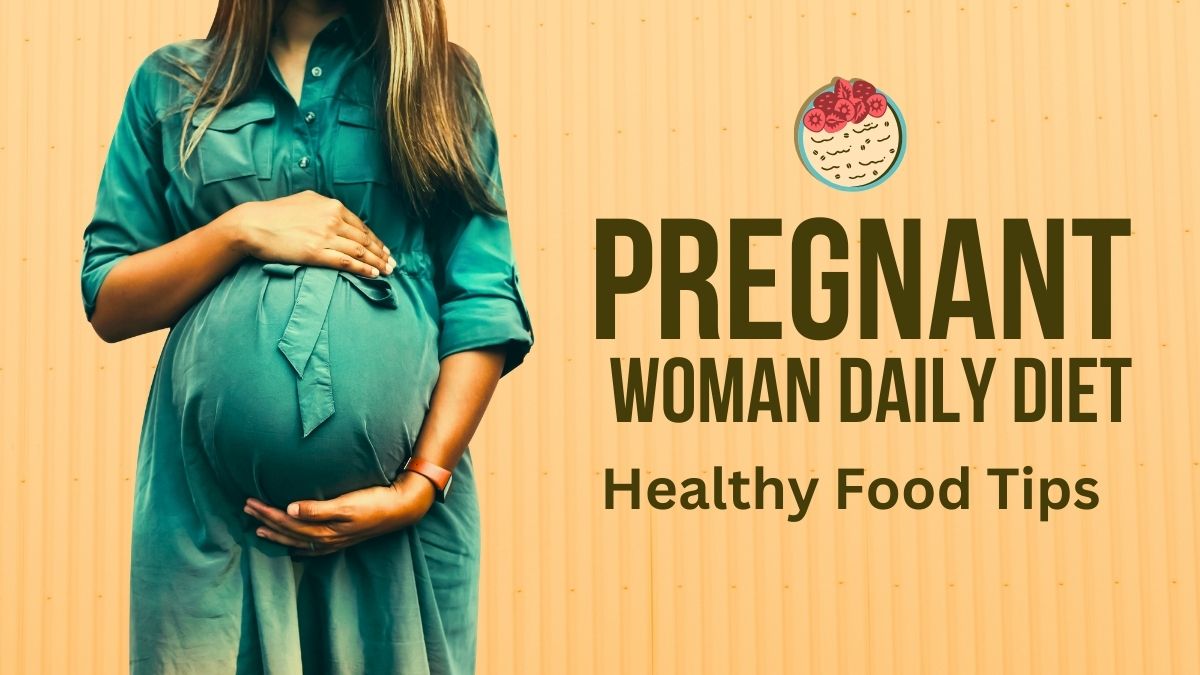Discover essential tips and guidelines for maintaining a “Healthy Diet During 9 Months of Pregnancy.”
Table of Contents
Introduction to Pregnancy Nutrition
During pregnancy, it’s essential to prioritize a healthy and balanced diet to ensure the well-being of both the mother and the baby.
From the moment of conception to childbirth, the foods you consume play a crucial role in supporting fetal development and maternal health.
Healthy Diet During 9 Months of Pregnancy In Three Trimester
First Trimester: Nourishing the Early Stages
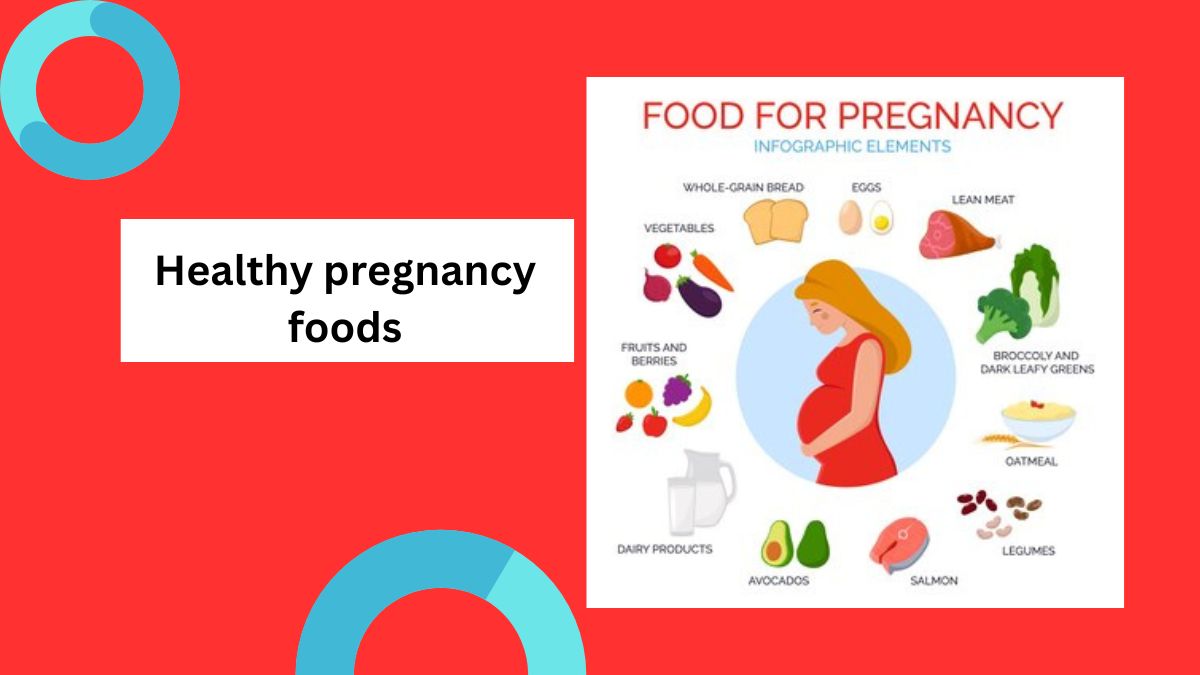
The first trimester is a critical period characterized by rapid fetal development and hormonal changes in the mother’s body. Despite the challenges of morning sickness and fatigue, it’s crucial to prioritize essential nutrients such as folate, iron, calcium, and protein.
Incorporating foods like leafy greens, lean meats, fortified cereals, and dairy products into your diet can help support the early stages of pregnancy.
Second Trimester: Supporting Growth and Development

As the pregnancy progresses into the second trimester, the baby’s growth and development accelerate, requiring additional nutritional support.
It’s essential to focus on consuming foods rich in calcium, omega-3 fatty acids, and vitamin D to support bone and brain development.
Including foods like dairy products, fatty fish, nuts, seeds, and leafy greens in your diet can help meet these increased nutritional needs.
Third Trimester: Preparing for Birth
Pregnancy meal planning chart for Healthy Diet During 9 Months of Pregnancy
| Meal | Food Group | Portion Size |
| Breakfast | Whole grains, fruits | 1-2 servings |
| Dairy or dairy alternatives | 1-servings | |
| Protein (eggs, lean meat) | 1-servings | |
| Snack | Fresh fruit | 1-servings |
| Nuts or seeds | Handful | |
| Lunch | Leafy greens, vegetables | 2-servings |
| Whole grains | 1-servings | |
| Lean protein (chicken, fish) | 1-servings | |
| Snack | Greek yogurt | 1-servings |
| Whole grain crackers | 1-servings | |
| Dinner | Lean protein (tofu, beans) | 1-servings |
| Steamed vegetables | 1-2 servings | |
| Brown rice or quinoa | 1-servings | |
| Salad with vinaigrette | 1-servings | |
| Snack | Cottage cheese | 1-servings |
| Whole grain toast | 1-servings |
In the final trimester, the baby continues to grow, and the mother’s body prepares for childbirth. It’s essential to maintain a balanced diet to support the baby’s development and prepare the body for labor and delivery.
Focus on consuming fiber-rich foods to alleviate constipation, staying hydrated to prevent dehydration, and eating small, frequent meals to maintain energy levels.
What is the Lowest Calorie Intake to Lose Weight
FAQs about Pregnancy Nutrition
Are there any foods to avoid during pregnancy?
It’s essential to avoid certain foods that may pose a risk of foodborne illness, such as raw fish, unpasteurized dairy products, and deli meats.
How much weight should I gain during pregnancy?
Weight gain recommendations vary depending on pre-pregnancy weight and individual factors. In general, most healthcare providers recommend gaining 25-35 pounds for women of normal weight.
Is it safe to drink coffee or tea during pregnancy?
Moderate caffeine consumption is generally considered safe during pregnancy, but it’s essential to limit intake to 200-300 milligrams per day and avoid excessive caffeine from sources like energy drinks or supplements.
What are some healthy snack options for pregnant women?
Healthy snack options include fruits, vegetables, nuts, yogurt, whole-grain crackers, and cheese. These snacks provide essential nutrients and can help alleviate hunger between meals.
Should I take prenatal vitamins during pregnancy?
Prenatal vitamins can help fill in any nutritional gaps in your diet, but they should not be used as a substitute for a healthy diet. Talk to your healthcare provider about whether prenatal vitamins are right for you.
Conclusion
Maintaining a healthy diet throughout pregnancy is essential for maternal and fetal well-being. By prioritizing nutrient-dense foods and staying hydrated, you can support a healthy pregnancy and prepare for childbirth and beyond.
